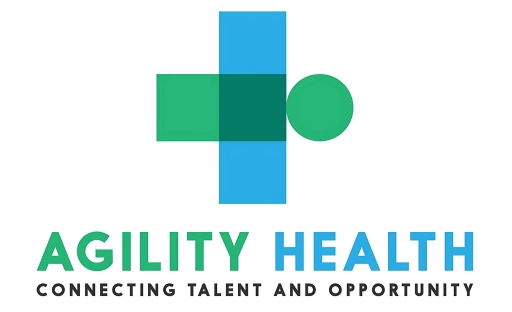How to Keep On Top of Your Training as an Agency Nurse
Introduction
As an agency nurse, you’re your own boss when it comes to managing your work and professional development. Without a dedicated manager to remind you of mandatory training updates, it can be easy to let important certifications lapse. However, staying compliant with your training is crucial—not only for your safety but also to ensure you remain eligible for shifts. In this guide, we’ll explore how agency nurses can effectively manage their training requirements, so they can continue practicing safely and pick up shifts with ease.
The Challenges of Managing Training as an Agency Nurse
Unlike permanently employed nurses who have managers and in-house HR teams reminding them of upcoming training deadlines, agency nurses are responsible for keeping track of their own requirements. This can be challenging due to:
- Lack of Regular Reminders: With no direct manager overseeing your training, it’s easy to overlook important updates or deadlines.
- Busy and Variable Schedules: Agency nurses often work irregular hours, making it harder to find time for training amidst shifts.
- Different Requirements for Different Roles: Depending on the type of placement or healthcare setting, the required training can vary.
Despite these challenges, staying on top of your training is crucial for practicing safely and keeping yourself marketable for agency shifts.
Why It’s Important to Stay Compliant
1. Eligibility for Shifts
Healthcare agencies and employers often require up-to-date certifications before allowing nurses to take on shifts. If your training is out of date, you may not be considered for certain assignments, limiting your work opportunities.
2. Patient Safety
As a nurse, the safety of your patients is paramount. Staying current with your training ensures that you are equipped with the latest knowledge and skills to provide safe and effective care, particularly when it comes to health and safety regulations, infection control, and emergency procedures.
3. Legal and Professional Compliance
Failing to maintain up-to-date training could lead to professional misconduct issues or even jeopardise your nursing license. Many certifications are legally required, and non-compliance could have serious consequences for your career.
Essential Training for Agency Nurses
Some of the most common and essential training courses for agency nurses include:
- Mandatory Training: Covers essential topics like basic life support (BLS), moving and handling, and safeguarding.
- Health and Safety Training: Ensures you’re aware of the latest safety regulations to protect both yourself and your patients.
- Food Safety Training: Required if you’re working in environments where you’ll handle or prepare food for patients.
- Infection Control: Essential for preventing the spread of infectious diseases, especially when working in various healthcare environments.
- Fire Safety: Helps you respond effectively in case of fire emergencies, particularly in high-risk environments like hospitals.
Most of these certifications need to be updated periodically, with some requiring annual renewal.

